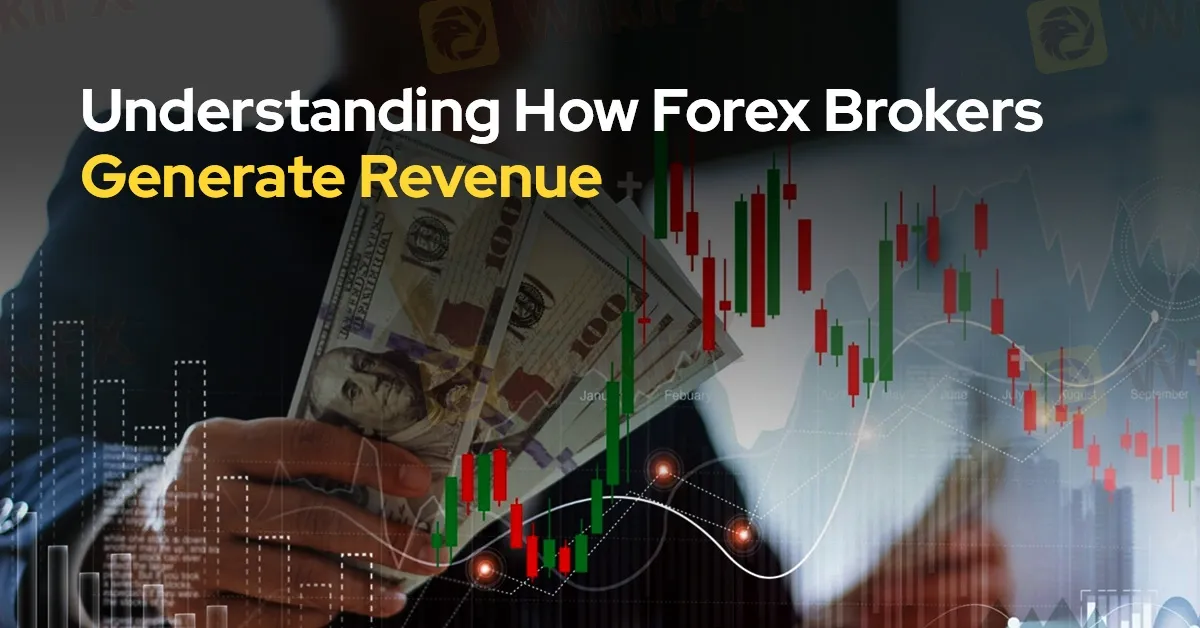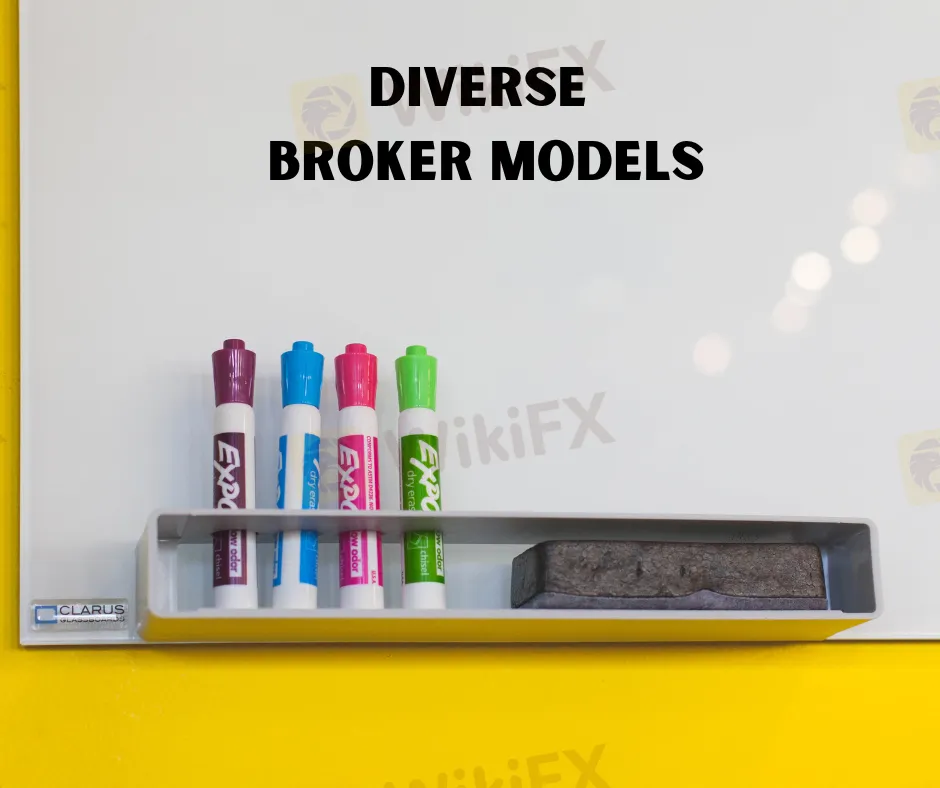简体中文
繁體中文
English
Pусский
日本語
ภาษาไทย
Tiếng Việt
Bahasa Indonesia
Español
हिन्दी
Filippiiniläinen
Français
Deutsch
Português
Türkçe
한국어
العربية
Understanding How Forex Brokers Generate Revenue
Abstract:This article delves into the primary ways forex brokers make money, including the intricacies of spreads, market neutrality, hedging, overnight financing, and the various broker models.

In the world of forex trading, the mechanisms by which brokers generate revenue can often seem opaque. Yet, understanding these mechanisms is crucial for traders seeking to optimize their strategies and manage costs effectively. This article delves into the primary ways forex brokers make money, including the intricacies of spreads, market neutrality, hedging, overnight financing, and the various broker models.

Forex brokers primarily earn through the spread, which is the difference between the bid and ask prices of a currency pair. This spread represents the broker's profit margin on each trade and is typically measured in pips for currency pairs or points for spread betting. When a trader buys a currency pair, they pay the ask price, and when they sell, they receive the bid price. The spread is the brokers primary source of income, as it remains constant regardless of whether the trader profits or incurs a loss.

To manage risk and ensure profitability, brokers often aim to maintain a market-neutral position. This involves balancing trades from different clients so that the broker does not take on excessive risk. For instance, if one trader bets that a currency pair will fall while another bets it will rise, the broker can offset these positions. By maintaining neutrality, brokers profit from the spread while minimizing their exposure to market movements. This approach allows brokers to handle multiple trades and large volumes efficiently.

Effective risk management is crucial for forex brokers. They employ various hedging strategies to protect themselves from significant losses. When brokers face large or unusual trades that could impact their net exposure, they may hedge these positions by taking counter-positions in the underlying markets or by using liquidity providers. This careful balancing act ensures that brokers do not exceed their risk tolerance levels and maintain their financial stability.

Another significant revenue stream for forex brokers is overnight financing fees, often referred to as swap rates or rollover fees. When traders hold positions overnight, they incur or receive interest based on the difference between the interest rates of the currencies involved. Brokers typically charge a fee for holding long positions and offer a payment for short positions, taking a margin between what they pay and what they collect. This fee structure provides brokers with an additional income source while compensating for the risk of holding positions beyond market hours.

Forex brokers employ different models to generate revenue and manage client trades. For example, some brokers take trades and then pass the risk to liquidity providers. This model ensures that the broker is not directly betting against its clients, thus fostering a more transparent and trader-friendly environment. By offsetting trades through liquidity providers, these brokers make a profit from the spread while maintaining a neutral stance on individual trades.
In conclusion, understanding how forex brokers generate revenue is essential for traders seeking to navigate the forex market effectively. By comprehending the mechanics of spreads, market neutrality, hedging strategies, overnight financing fees, and the various broker models, traders can make more informed decisions and optimize their trading strategies. As always, selecting a broker with a transparent and fair approach can significantly impact trading success and overall satisfaction.

Disclaimer:
The views in this article only represent the author's personal views, and do not constitute investment advice on this platform. This platform does not guarantee the accuracy, completeness and timeliness of the information in the article, and will not be liable for any loss caused by the use of or reliance on the information in the article.
Read more

PayPal Expands PYUSD Transfers to Ethereum and Solana
PayPal's PYUSD stablecoin can now transfer across Ethereum and Solana, enhancing flexibility for users through a LayerZero cross-chain integration.

Broker Review: Is Exnova Legit?
A forex broker named Exnova has recently come to our attention. This broker is registered in Saint Vincent and the Grenadines and started its business in 2021. In this article, we will dig into this broker deeply and provide some information if you are interested.

Capital.com Shifts to Regional Leadership as CEO Kypros Zoumidou Steps Down
Capital.com transitions to a regional leadership model as Kypros Zoumidou steps down, promoting Christoforos Soutzis as CEO of its Cyprus operations.

eToro Launches Global-Edge Smart Portfolio: A Balanced Approach to Growth and Stability
Online trading platform eToro has recently unveiled its latest investment offering—the Global-Edge Smart Portfolio. This new addition to eToro’s extensive portfolio options provides investors with a balanced approach to investing by combining global stocks and bonds, tailored for those looking for growth and stability.
WikiFX Broker
Latest News
ATFX Expands LATAM Presence with New Mexico Office
CySEC Warns against Public Review Websites
Former Alameda Executives Hand Over Assets in FTX Creditor Recovery Effort
Tradeweb and TSE Partnership Enhances Access to Japanese ETFs
JUST Finance and UBX Launch Multi-Currency Stablecoin Exchange
XM Revamps Website with Sleek Design and App Focus
TradingView & Mexico’s Uni. Partnership, to Enhance Financial Education
Something You Need to Know About SogoTrade
Global Shift in Cryptocurrency Taxation: Italy and Denmark Chart New Paths
Webull Introduces 24/5 Overnight Trading to Extend U.S. Market Access
Currency Calculator


